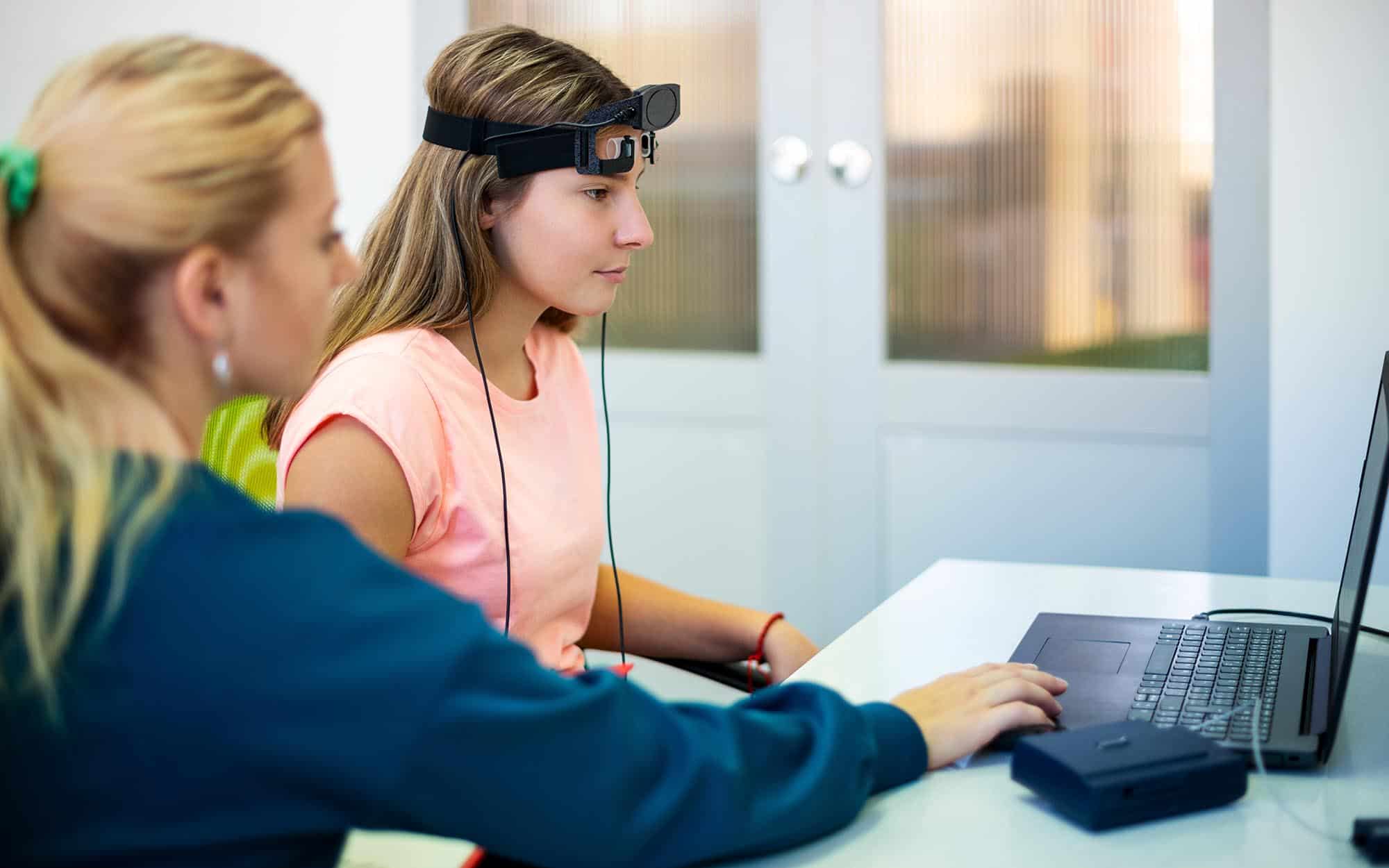What Is Brain Training for ADHD?
Brain training for ADHD is a structured approach to improve cognitive abilities in individuals with ADHD. It involves targeted exercises to enhance attention, memory, problem-solving, and executive functions. By leveraging the brain’s neuroplasticity—the ability to reorganize and form new connections—brain training strengthens neural pathways. Through practice and repetition, individuals with ADHD can develop and refine their cognitive skills, leading to improved focus, impulse control, and overall functioning. This empowering approach taps into the brain’s potential for growth, helping individuals with ADHD unlock their cognitive potential and thrive in various aspects of life.
The Evolution of Brain Training
In the past, brain training for ADHD primarily relied on traditional methods, such as puzzles and memory games. These activities showed promise in targeting cognitive skills. However, at that time, the field lacked standardized protocols and scientific evidence to support their effectiveness. The absence of clear guidelines and empirical research limited the widespread recognition and adoption of these approaches. Nonetheless, the past served as a foundation for future advancements and paved the way for more robust and evidence-based approaches to brain training for ADHD.
Advancements and Applications
Thanks to recent advancements, brain training has undergone a transformative shift, particularly in the context of ADHD. The emergence of digital platforms and mobile applications has revolutionized cognitive training, providing accessible and convenient tools for individuals with ADHD. These platforms offer a diverse array of engaging activities designed to target specific cognitive functions and address ADHD-related challenges. Some of these activities include:
- Attention training, such as visual tracking exercises, attentional cueing tasks, or attention-shifting games.
- Targeted memory enhancement, like practicing mnemonic strategies, working memory tasks, or memory retrieval exercises.
- Executive function training, such as cognitive flexibility tasks, inhibition training, or goal-directed problem-solving activities.
- Time management and planning activities like creating schedules, prioritizing tasks, and developing strategies for efficient time utilization
Revolutionizing Cognitive Development and Brain Training for ADHD in the Future
The future of brain training for ADHD holds immense promise in unlocking cognitive potential and supporting long-term well-being. Let’s explore some exciting possibilities that lie ahead:
Personalized and Adaptive Interventions
Imagine a future where brain training programs are tailored to each child’s unique cognitive profile. By utilizing predictive brain mapping techniques like qEEG and neuropsychological assessments, specific cognitive strengths and weaknesses can be identified in children with ADHD. This knowledge allows for interventions that address individual needs, optimizing their cognitive development. Tailored exercises, strategies, and skill-building activities can be designed to enhance attention, working memory, and other targeted areas. This personalized approach to brain training empowers children to reduce ADHD symptoms and reach their full potential.
Technological Advancements
Immersive technologies are on the verge of revolutionizing brain training for ADHD. These cutting-edge advancements offer a transformative approach to cognitive training. Immersive environments created by these technologies can provide captivating and realistic scenarios for cognitive development. Through these experiences, children can engage in activities that promote sustained attention, impulse control, and decision-making skills.
Improved Integration With Education
The integration of brain training programs into educational systems holds great promise for children with ADHD, fostering a lifelong journey of learning and success. By incorporating personalized and adaptable cognitive training plans into your child’s education, schools can provide targeted support for attention and executive functions. This early integration sets the stage for academic achievements, self-confidence, and a solid foundation for future learning. By tailoring interventions to individual needs, educational institutions empower children with ADHD to develop cognitive skills essential for academic success, personal growth, and lifelong learning.
Explore the Future of Brain Training With Abbey Neuropsychology
Abbey Neuropsychology Clinic has long been at the forefront of brain training for ADHD, and we’re committed to providing innovative, personalized brain training solutions that set your child up for ongoing success in every aspect of life. Whether that be through targeted neurofeedback training, attention training modules, or talk therapy, you can count on Abbey to empower your child and help them unlock their potential.
Take the first step toward a brighter cognitive future by scheduling a call with us today!

